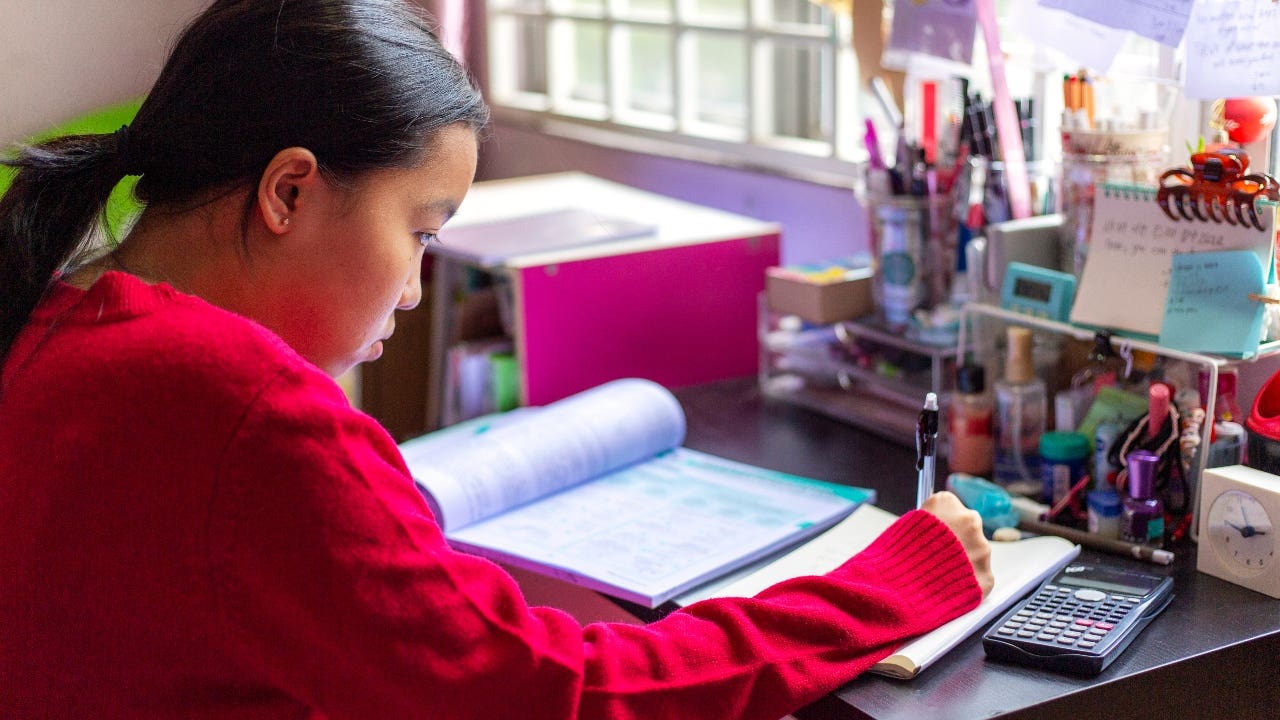What to do if you didn’t get enough financial aid

Key takeaways
- If your FAFSA doesn’t cover everything for your tuition needs, you may be able to qualify for private scholarships or federal student loans.
- Ask your school if it offers a payment plan to make your payments more manageable.
- You may qualify for a work-study if you note your interest when filling out the FAFSA.
- If your financial situation changes, you can write a letter of appeal to try to get more aid.
Going to college is expensive, and financial aid is crucial for many. While filling out the FAFSA before the deadline greatly increases your chances of getting the aid you need, there is no guarantee that your financial aid package will cover what you need it to with free aid alone.
If the federal aid doesn’t cover everything, you still have options, but it is important to move quickly. Some grants and scholarships are first come, first served, while others are limited to students with exceptional financial need. Whatever the case may be, if you don’t receive enough grants and scholarships from your school to cover the cost of attendance, you still have options to make your education more affordable.
What to do when FAFSA isn’t enough: Securing more financial aid money
When you receive your final financial aid package from your school, you’ll see which major grants or scholarships you’re eligible for. You may have extra costs left over if the FAFSA doesn’t cover everything. If this happens, you may want to look into other ways to get the funds you need for school.
Ask about payment plans
In some cases, your financial aid office may be willing to negotiate a payment plan with you if you can’t afford to pay your tuition upfront. This could be a particularly good option when paired with a part-time job — that way, you’ll be able to earn money as you go and put it toward tuition payments every month.
In many college towns, students may find night and weekend employment at restaurants, bookstores, libraries and other companies. Nearby businesses are also likely to understand the unique scheduling needs of students in the area.
Apply for private scholarships
Private scholarships are a key way to supplement the aid you receive from your school. Use a scholarship search engine to find scholarships geared toward your particular interests, hobbies or future career, and apply for as many as you can.
You can also call your school’s financial aid office to see if there are department-specific awards that have been left out of your financial aid award letter. The sooner you ask and apply, the better.
Apply for a work-study
You may also qualify for work-study, which is a type of federal aid that pairs students with part-time job opportunities affiliated with the college. You’ll need to indicate that you’re interested in work-study when you fill out the FAFSA.
You’ll see whether you’re eligible when you receive your financial aid award letter. If you’d like to accept a work-study award, it’s best to do so early, as opportunities are limited.
Accept federal student loans
Your financial aid letter will outline which federal student loans you qualify for and how much you’re able to take out for that academic year. While not ideal, taking out federal student loans can significantly decrease your in-school out-of-pocket costs.
If you’d like to go this route, you can speak with your financial aid office to ensure that you’ve elected to borrow the amount you need. The maximum amount allowed will vary based on your year in school, your school’s total cost of attendance and your financial need.
You should never borrow more than you actually need, since you’ll have to pay back everything with interest. If possible, wait to take out loans until you’ve exhausted other possibilities for aid.
Apply for private student loans
After maximizing federal, state and institutional aid, private student loans can help cover the remainder of your college education. These are issued by banks, online lenders and credit unions. You can also occasionally get a loan through colleges and state agencies.
These usually have higher borrowing limits than federal student loans and may even have lower interest rates if you have good credit, but they lack the benefits of federal loans, like income-based repayment plans and no credit checks. Still, they’re useful for filling in gaps or getting a lower rate.
Most undergraduate college students are just starting out on their college journey and may have bad or no credit. In this case, you’ll likely need a cosigner to qualify.
How to ask for more financial aid
If your financial situation has changed since filling out the FAFSA, you can send an appeal to the financial aid office at your school asking for more aid. Circumstances like layoffs, a death in the family or a medical emergency are all grounds for an appeal letter.
All colleges have a different appeal process, but be prepared to provide documentation and references from people who can verify the situation. The more specific you are, the more likely you are to have a successful appeal.
Your letter should clearly describe details about the extenuating circumstances, including dates when you were affected and how the situation affects your family’s finances. Note that your appeal should only include new information that was not included in a previous application.
Bottom line
Paying for college can be an enormous challenge, so it is crucial to know what to do if the FAFSA doesn’t cover everything. There are several options available to help you meet your bills, whether it is a payment plan, private scholarship, federal student loan or even a work-study.
If you aren’t satisfied with your financial aid award, you can also submit a letter of appeal, but you should be as specific as possible. No matter which route you choose, act as early as possible so you can take advantage of additional financial aid opportunities while they are still available.
Why we ask for feedback Your feedback helps us improve our content and services. It takes less than a minute to complete.
Your responses are anonymous and will only be used for improving our website.
You may also like

What is a Pell Grant and how do I apply?

Financial aid: How much can you get for college?

How to get student loan help: Organizations to look into



